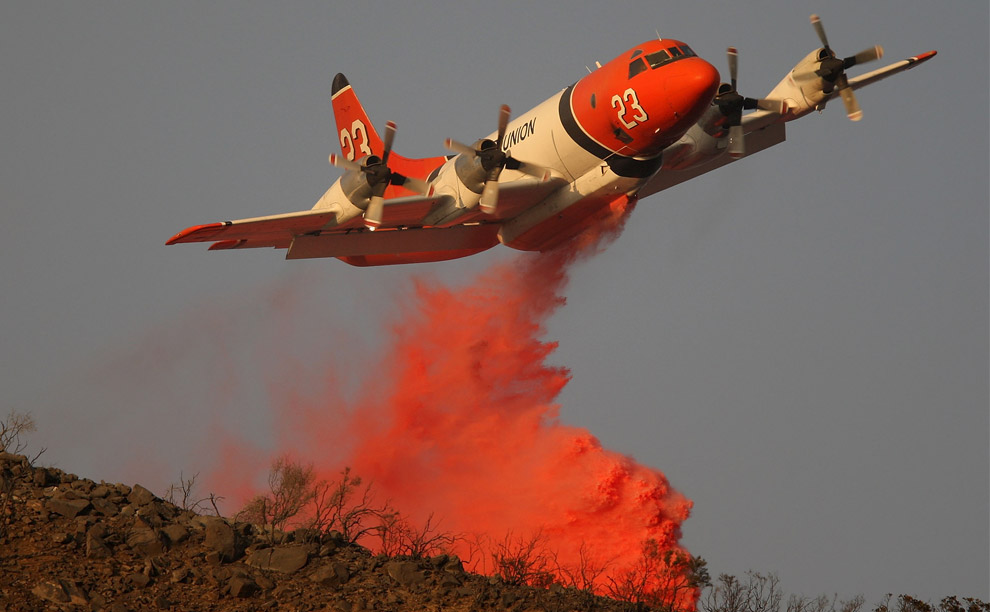🦈💜
Well-Known Member
I might also propose that "airline pilot" is not the be-all end-all of flying, and I didn't mean to imply that it was. I myself have no real interest in the airlines -- My dream has always been to be a tanker pilot, though I've been forced to aim elsewhere due to the state of the industry, and now I'm looking at freight, alaska float flying, etc. I'd rather not fly a(n unarmed) jet of any sort.
That said, there's a palpable gap between a wet commercial and -any- flying job, which can -only- be filled by flight instruction or flying out of pocket at the moment, and I'm just wondering if people think that flight instruction is the correct stepping stone--or if not, what they think should take its place, in an ideal world.
The problem with a cadet program, in that case, is that the last way you want to learn to fly floats in alaska (for example) is to be stuck with a 'fast track to the airlines' sort of program, wash-out rates and such aside. Likewise, the military won't accept/may wash out plenty of candidates who would make fine pilots for other duties; the military really isn't a valid flight training option, no matter how often it's proposed. (I considered it in my teens, but I first and foremost wanted to fly; If you don't get into pilot training, you don't get a pass out of the military ... and I wanted to fly, period.)
-Fox
That said, there's a palpable gap between a wet commercial and -any- flying job, which can -only- be filled by flight instruction or flying out of pocket at the moment, and I'm just wondering if people think that flight instruction is the correct stepping stone--or if not, what they think should take its place, in an ideal world.
The problem with a cadet program, in that case, is that the last way you want to learn to fly floats in alaska (for example) is to be stuck with a 'fast track to the airlines' sort of program, wash-out rates and such aside. Likewise, the military won't accept/may wash out plenty of candidates who would make fine pilots for other duties; the military really isn't a valid flight training option, no matter how often it's proposed. (I considered it in my teens, but I first and foremost wanted to fly; If you don't get into pilot training, you don't get a pass out of the military ... and I wanted to fly, period.)
-Fox

